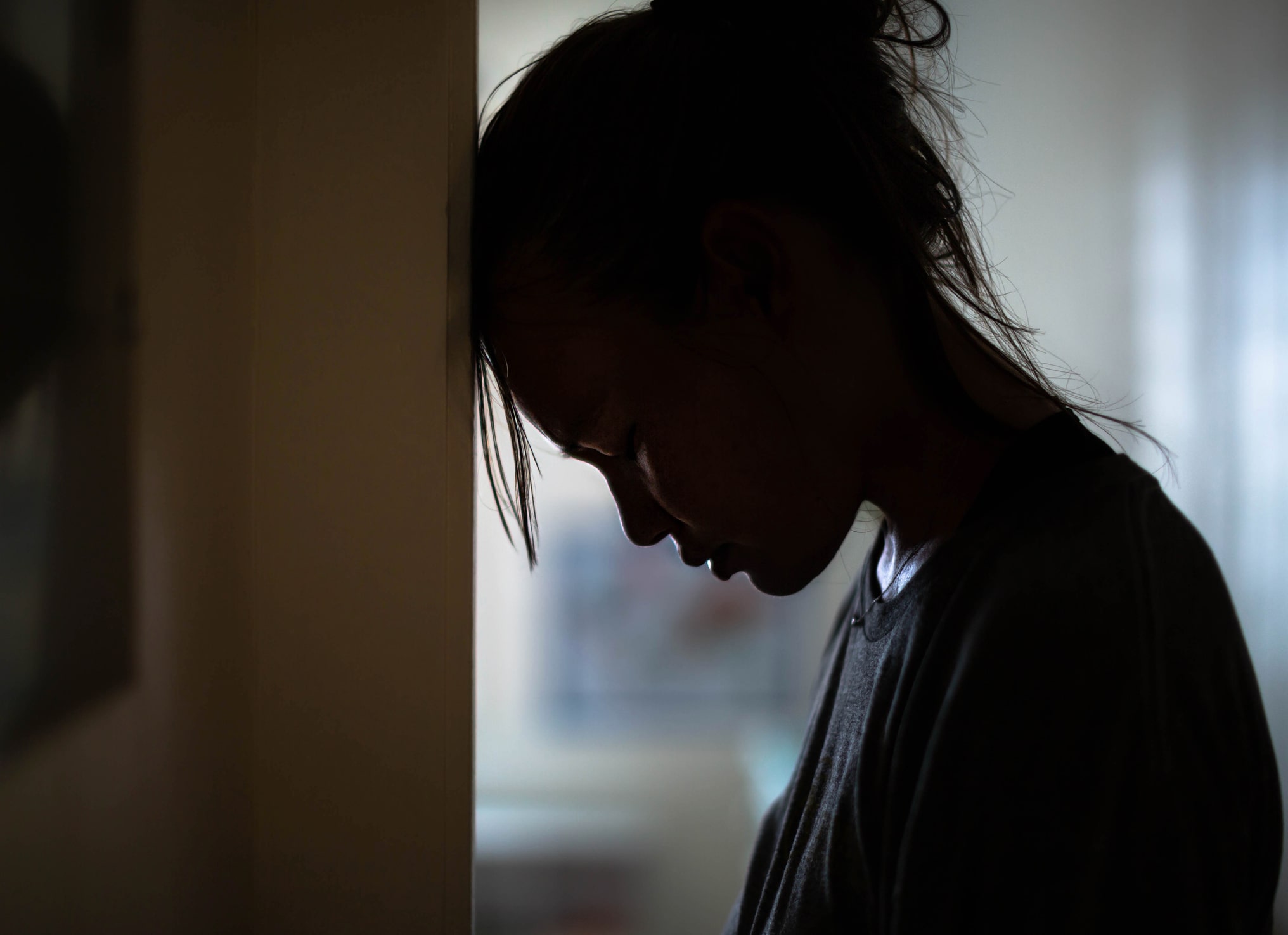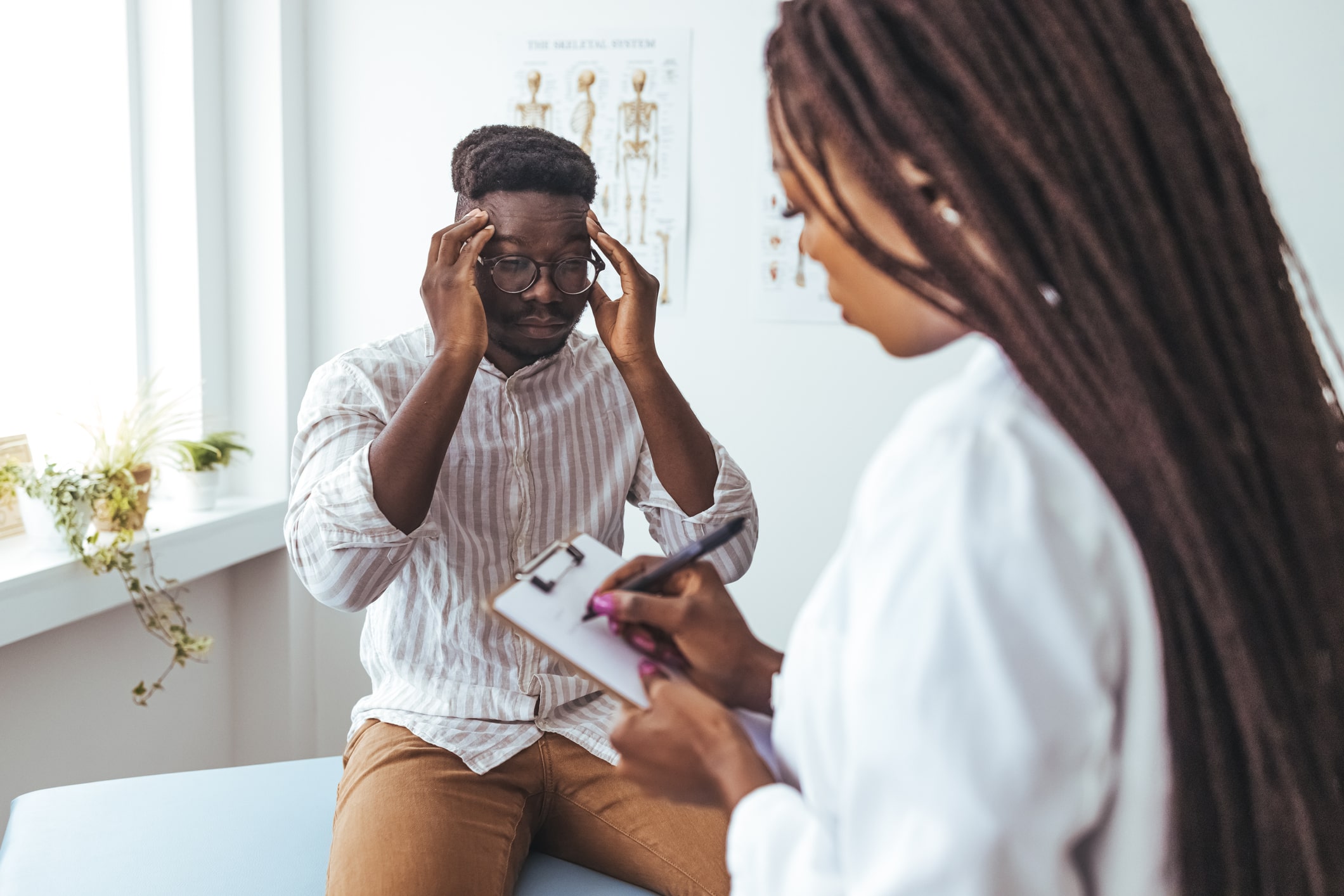770-230-5699
info@northatlantabh.com
365 Market Pl, Roswell, Georgia
Category
Mental Health





Help Is Available 24/7!
Receive 24/7 support at your convenience. Leave us your number and we will get in touch. There is no obligation to enter treatment.
@ 2025 North Atlanta Behavioral Health | All Rights Reserved | Powered By: Agile Marketing Group Inc.




Help Is Available 24/7!

770-230-5699
info@northatlantabh.com
365 Market Pl, Roswell, Georgia
@ 2025 North Atlanta Behavioral Health All Rights Reserved
Powered By: Agile Marketing Group Inc.






